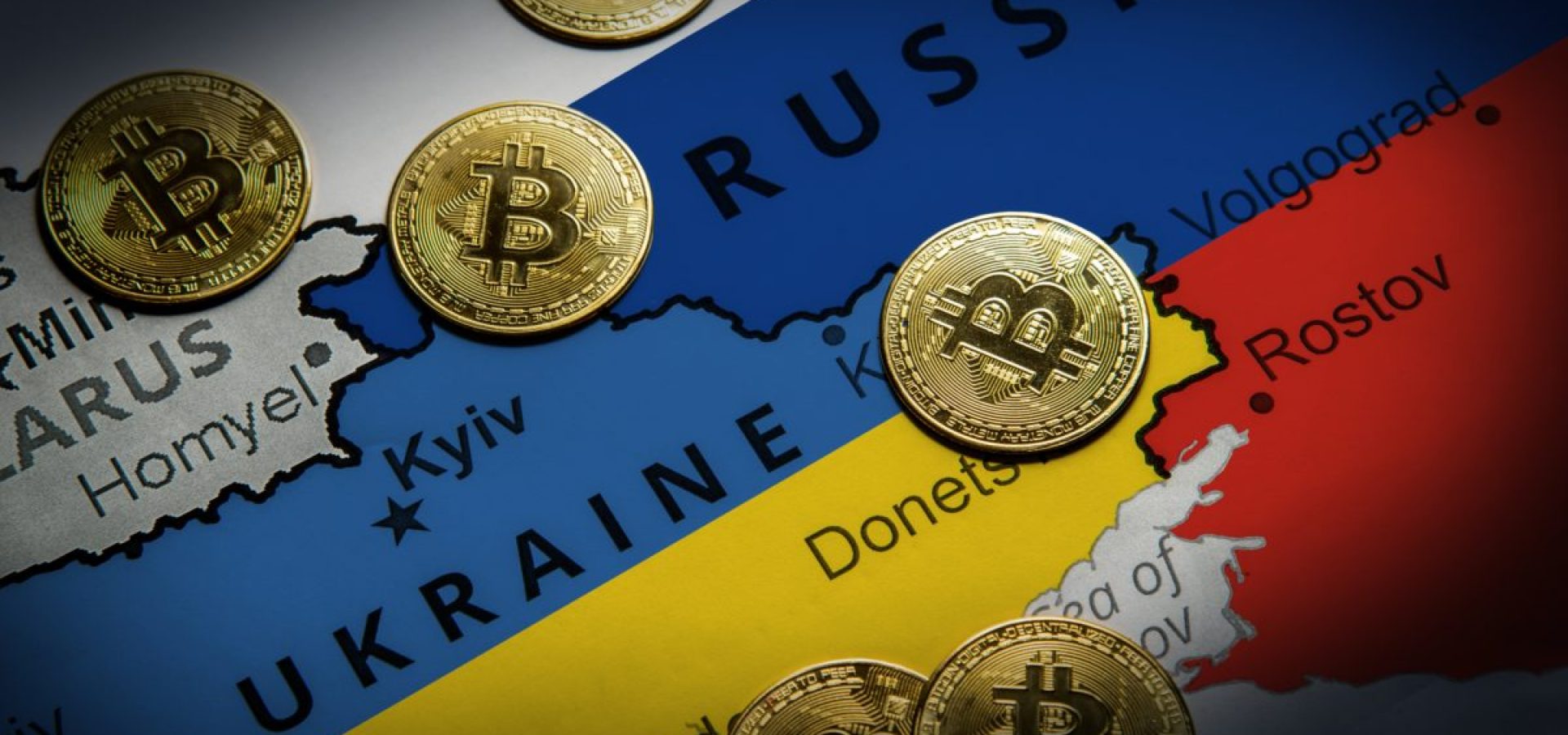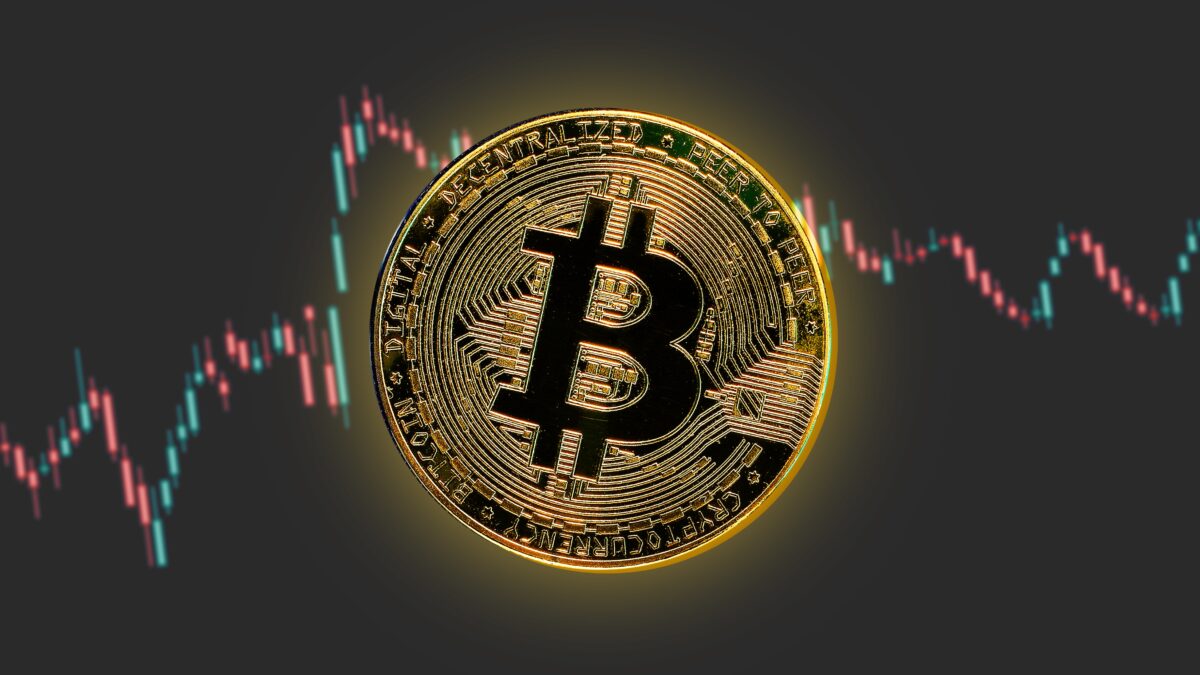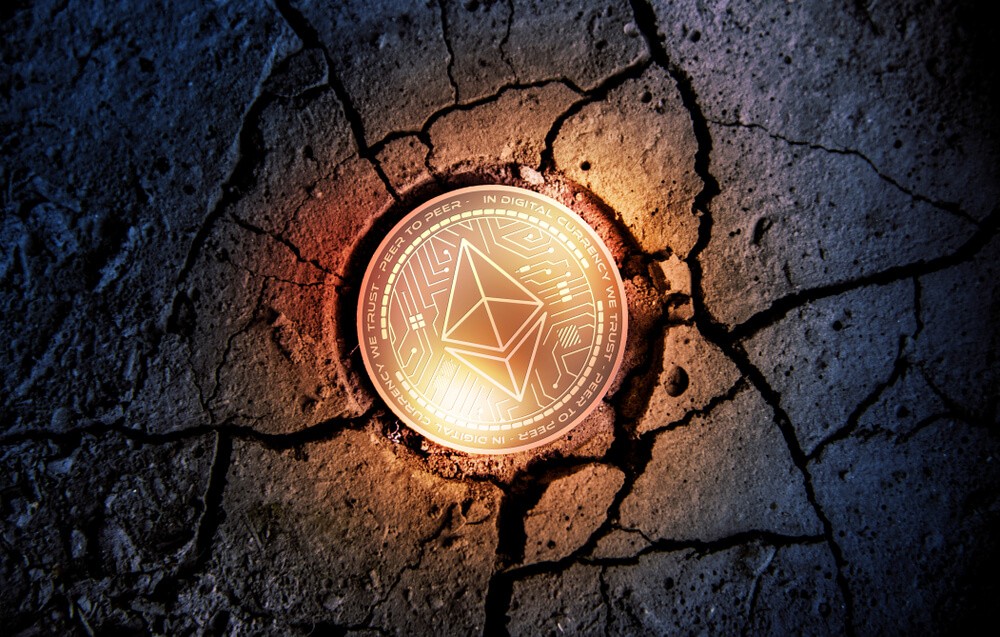Russian President Vladimir Putin’s triumphant rhetoric about Russia’s resilience in the face of international sanctions conceals a more complex reality. While Russia appears to weather the storm in the short term, its long-term prospects are marred by economic distortions and unsustainable war-driven growth.
Russia’s Adaptation to Sanctions
Despite Western efforts to throttle Moscow’s oil revenues and limit access to military technology, Russia has adeptly sidestepped immediate repercussions. Putin’s assertion that Russia’s economy has grown by 1% since the Ukraine invasion is rooted in the country’s success in exporting oil and diamonds, particularly to Asia.
Evasion Tactics of Russia: Global Dynamics
Sanctions, aiming to cap oil profits, led Russia to develop a clandestine network of shippers, known as the “ghost fleet,” to evade restrictions and sustain oil sales to India and China. Currently, the majority of Russia’s banks maintain SWIFT access, and international transactions persist. Meanwhile, the Kremlin procures sanctioned goods through intermediary nations, creating complex supply chains.
Long-Term Economic Conundrum
However, the cost of war is increasingly diverting resources toward military production, resulting in a distorted economy and overreliance on low-technology sectors. The Bank of Finland warns that Russia’s current economic growth emanates from industries less reliant on imports, hindering long-term sustainability.
Economic Overheating and Challenges Ahead
Russia’s economy, propped up by a military focus, faces challenges like labour shortages, inflation, and an overheating economy. The central bank’s drastic interest rate hike indicates the struggle to control inflation, impacting businesses and prompting subsidies for large state companies, exacerbating inflationary pressures.
Sanctions’ Deepening Impact on Russia
While sanctions have not immediately caused widespread opposition, they will likely have a profound long-term impact. The European Commission predicts intensifying effects on the country’s budget, financial markets, foreign investment, and industrial base. The prolonged sanctions will force the northern giant to make painful trade-offs, sacrificing long-term prospects for short-term gains.
China Dependency and Potential Repercussions
Russia’s growing dependence on China for technology and trade raises concerns. Nearly half of the country’s imports come from China, fostering a blossoming but potentially precarious partnership. If Beijing perceives risks in selling components to Russia at the expense of Western markets, it may reconsider its stance.
The Sanctions Game
While Russia currently navigates the sanctions game with agility, the long-term scenario appears bleak. The war-induced economic distortions, reliance on low-tech sectors, and growing ties with China may compromise the country’s economic stability over time. Sanctions, a persistent tool against Moscow, underscore the delicate balance between immediate victories and enduring challenges.











COMMENTS